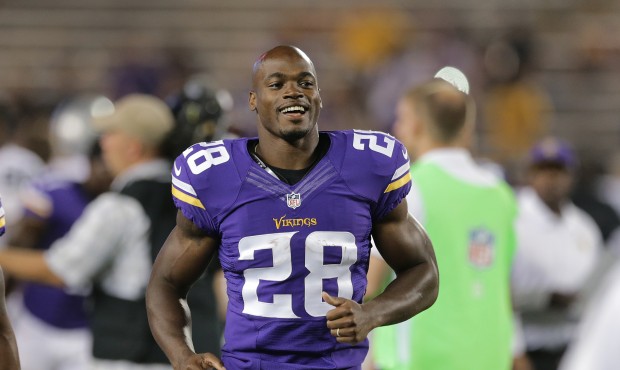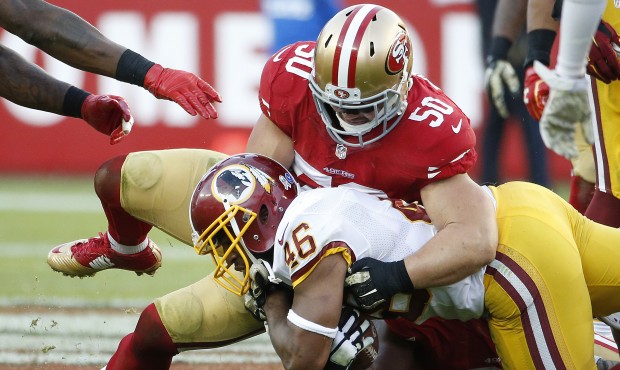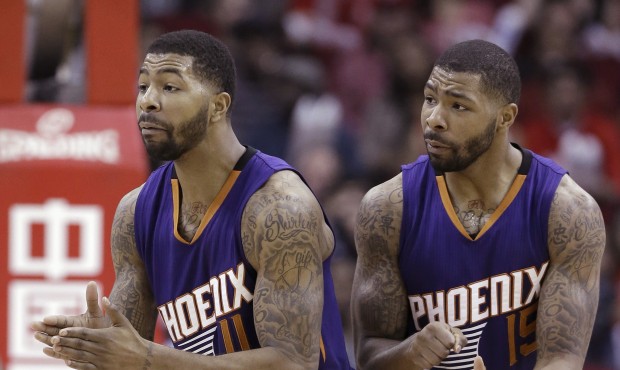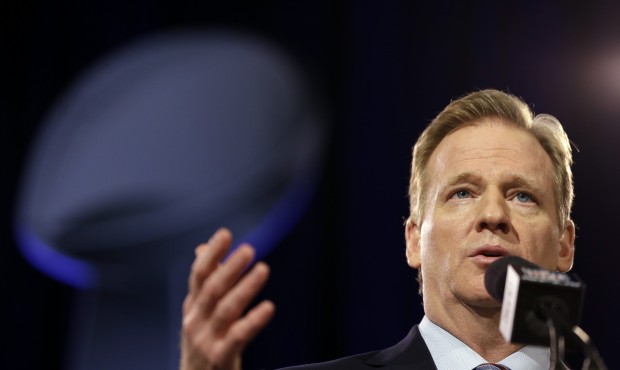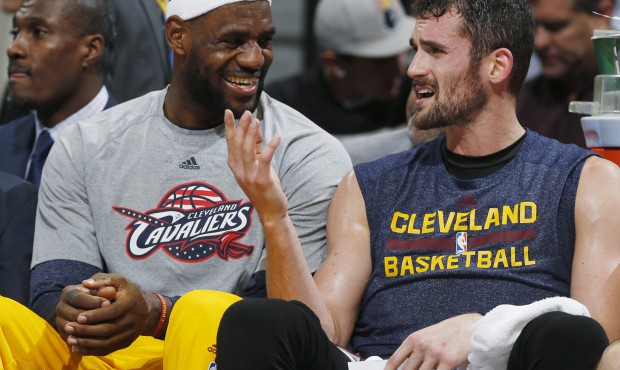Wolf: Defense wins championships
Jan 19, 2011, 11:39 PM | Updated: Jan 20, 2011, 3:11 pm
There are so many things in life we take for granted; not having to fight the Mongolian Menace is one of them. Huns stormed over walls in the 4th century and the Mongolian-Shanghai-Swine-Flu-Surprise stormed over the walls of the Wolfley Compound early Tuesday morning. Clarity is a beautiful master and there are few teachers better than buckets and commodes to make one appreciate the little things in life.
Why my mind wandered into the realm of the NFL while under attack seems appropriate, almost predictable, but in the gray haze of gushing I was surprised by where it meandered:
Don’t ever take not having the flu for granted and, in the National Football League, don’t ever take defense for granted.
Defense still wins championships in my book. You can say this is a passing league; you can say this is a QB league; you can spend all you want on the glitter of a great offense; but don’t ever underestimate the power of a good defense.
This year’s Conference Championships Games speak to this. Pittsburgh, New York, Green Bay and Chicago were numbers 2, 3, 5 and 9, respectively, in total defense.
This may be a quarterback league, indeed. But that doesn’t mean it is a quarterback game. This is a game built on being able to play defense. And because this IS a quarterback league, defending quarterbacks are critical to the success of any football team.
Determining how well a quarterback is playing can be deceiving and although this will come as no surprise to fans, there is a fairly reliable way to make a general statement about a Q: The Quarterback Rating, QBR or Passer Rating.
* QBR or Passer rating is calculated using each quarterback’s percentage of completions per attempt, average yards gained per attempt, percentage of touchdown passes per attempt, and percentage of interceptions per attempt. It speaks to how accurate he is at finding receivers and executing the throw, how often he finds receivers and executes the throw downfield, how often he finds receivers and executes the throw for big plays or in the red zone, and how often he throws the ball to the other team.
* QBR is a stat and stats can be deceiving but year after year look at the top 10 in Passer Rating and you’ll see the usual suspects: Brady, Manning, Brees, Rodgers etc. Generally speaking, this means the stat is a relatively reliable barometer on how a QB is playing.
And when you look at pass defense and how a team defends a QB don’t look at how many yards a defense gives up through the air per game, look at their Defensive Quarterback Rating or their DQBR. This is a much more accurate indicator as to how well they play pass defense.
The DQBR works in reverse of the Passer Rating. In general, it means a defense is not giving up a lot of passing yards, completions, touchdowns and may be hawking the ball on a regular basis.
And again, although not perfect, the reliability of this stat is pretty consistent. Guess who had the best DQBR in the league? Green Bay was #1. Guess who was next? Pittsburgh was #2. If you think there is a pattern here you are right. Chicago was #3. The chain is broken with San Diego being #4 and Baltimore #5. The NY Jets were #6.
This IS a quarterback league; this IS a passing league; this IS an offensive league. This IS the way the NFL wants it. These all are true statements; but make no mistake, this game will always be about stopping the opponent.
I’ll take a great defense over a great offense any day and I’ll take a defense with a great DQBR over any other defensive stat in the league. If I have a great defense I have a chance to be in and win every game.
So the next time you’re watching a defense shut down a QB, remember: this is a passing league; this is a QB league; and this is how the NFL wants it.
But like not having to sit on the commode with a five-gallon bucket in front of you, don’t ever take a defense for granted – especially a defense that can defend the QB.
After all, even today, defense wins championships.



